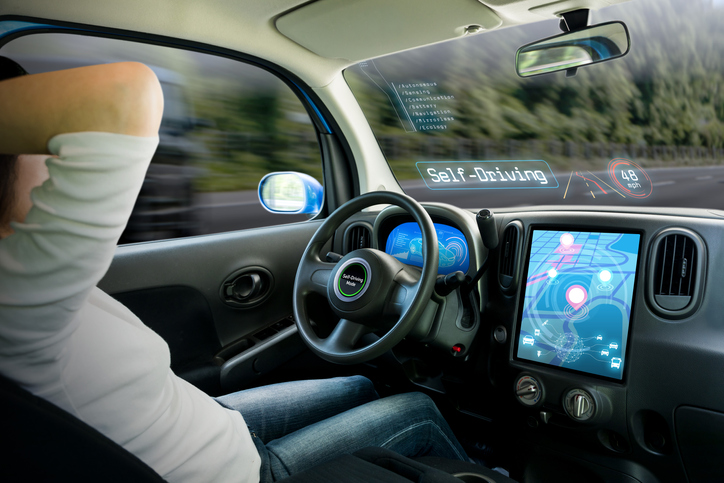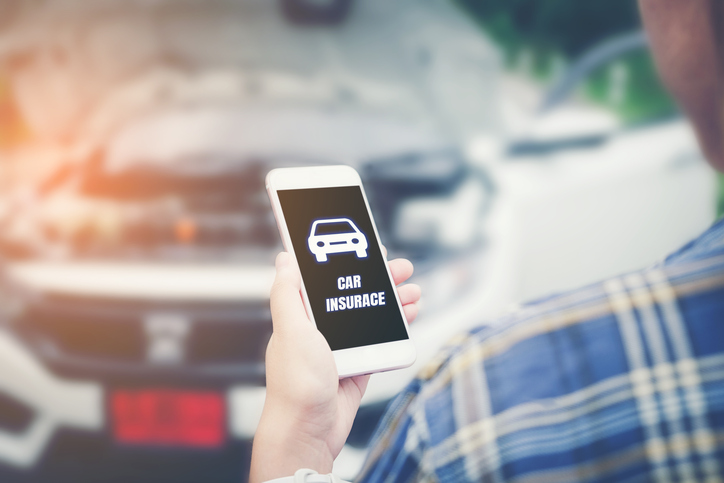Rental-car insurance
BY NEIL VORANO | The Globe and Mail
It’s been a long flight and the kids are cranky as you exit the airport toward the car rental office. You can’t wait to get a car to get to that beach-side villa, the one you found a great deal on over the Internet. The car rental itself was dirt cheap, too, especially since you glossed over the added insurance on the website.
However, as you’re signing for the car, the clerk behind the counter asks: “Would you like the added insurance? Otherwise, you’ll be liable for the car.” You freeze, your tired mind wondering what that even means. “I’m insured on this,” you think. But are you? Do you get the added liability coverage or stick with your own insurance? There isn’t one simple answer.
“When you get to that desk, that’s the last place you want to make that decision,” says Steve Kee of the Insurance Bureau of Canada. Kee says that getting as much information about your own insurance before you go to the rental office is key to both protecting yourself and saving money, because the onus lies with the renter to ensure coverage for any claims. Whatever coverage you have is not necessarily the same as that of someone else.
“You want to check your limits and, again, some people’s insurance is fine,” says Kee. “Sometimes [with] a credit card, you need to check what the policy will include; does it include third-party liability? Not every card, not every situation will be the same.”
For example, say you have just basic car insurance on an older beater; that’s the coverage you’ll have on the rental if you decline the added agreement. If you have an at-fault accident in the rental, you’re on the hook for repairs to the vehicle or, in a worst-case scenario, the cost of the car at its present-day value. It’s a good bet that rental is newer and more expensive than your car is.
Insurance and liability coverage rates vary not just by company, but also by region. Rates for a car rented in Toronto, regardless of where you drive it, is different than say, in Chicago. That’s because repair costs are different from region to region. As well, some companies have added fees in the event of an accident; National Car Rental, Alamo Rent A Car and Enterprise Rent-A-Car (all owned by the same company) will charge a rental fee for a damaged car for every day it’s in a repair shop. Does your car insurance or credit card cover that? Those fees are waived if you purchase the rental company’s “collision damage waiver” – which is not so much insurance as it is an agreement between renter and the company that says, if the car is damaged or stolen, the renter won’t be liable.
Stephen Menon advocates getting the facts before renting, but his focus is on credit cards. He’s the associate vice-president for consumer card products at Toronto-Dominion Bank.
“Typically, car rental, collision, loss and damage insurance is available on our platinum or premium products, those with annual fees,” says Menon. “You can check online for the terms and conditions for your card … Or, simply give us a call from the number on the back of your card, or come into a branch, and we can walk you through your coverage.”
Calling is important because, again, there are stipulations on the coverage that you may not think about.
“There are certain countries that are bound to be excluded, for various reasons,” Menon says. “Also, exotic cars may not be covered, so it’s important to check the terms of your card to understand the coverage you have. But with the typical car rental, you should be covered.”
If you need to rent a large van or truck, chances are good your car insurance doesn’t cover larger commercial vehicles. U-Haul offers an agreement that not only covers the truck itself but also the contents. It won’t, however, cover a motorized vehicle you may be towing.
Generally, you won’t pay a deductible for rental company coverage, but that’s important to check. And having rental coverage isn’t a free pass to have an accident, either. A serious crash, one that has to be reported to the police, will affect your insurance rates, as it will be reflected on your driving record at renewal time – just as it would if you got a speeding ticket in a rental.
Ultimately, you are responsible for the car you rent, whether you use your own vehicle insurance, credit card or the rental company’s supplementary insurance.
“It’s important for people to make that first call to your insurance company, to find out if everything would be okay,” says Kee. “An extra 10-minute phone call can save you a heck of a lot of frustration.”
Your personal policy or credit card doesn’t automatically cover you for all situations, so find out in advance.
Looking for auto insurance as a high risk driver? Contact High Risk Auto Pros and get an instant car insurance quote.





